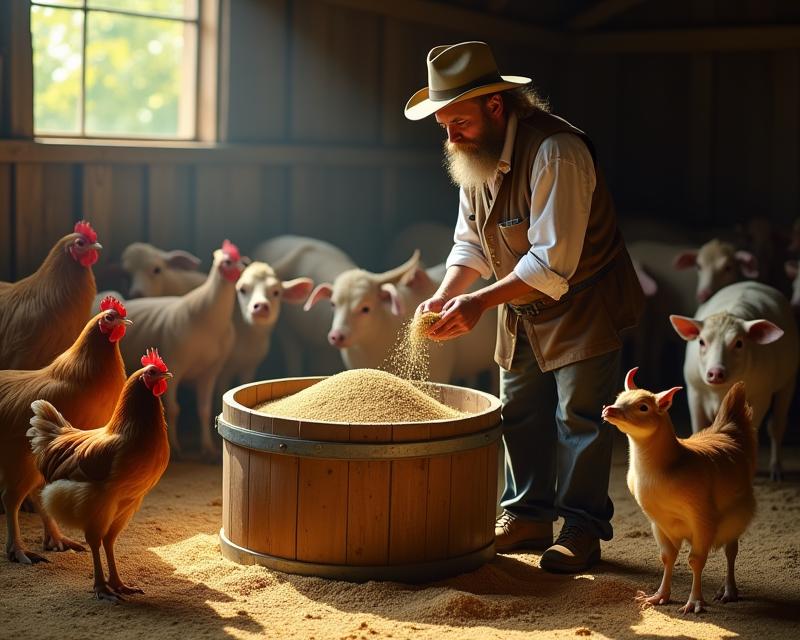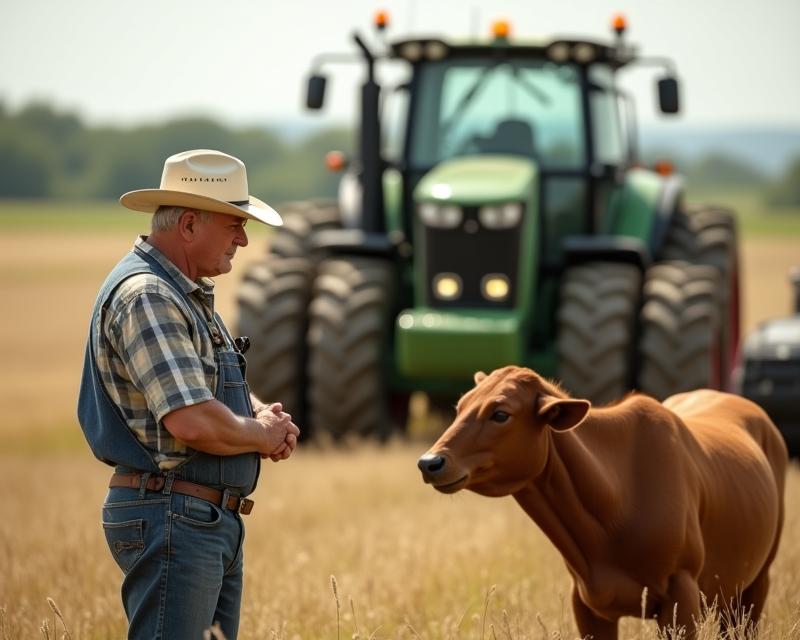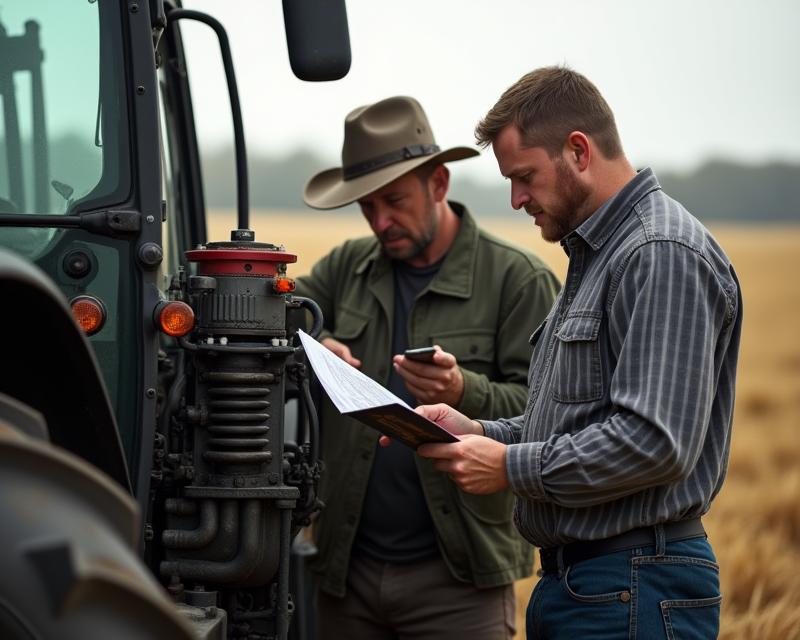Funding for New Farmers: A Guide
Publish in Farm Business el 28/06/2025 22:33
Funding for New Farmers: A Guide
Starting a farm is a dream for many, but it often comes with a significant financial hurdle. Accessing loans and funding can feel overwhelming, but with the right knowledge and preparation, it's achievable. This guide breaks down the various options available to beginning farmers, from government programs to private lenders, helping you secure the capital you need to get started and thrive.

Government Loan Programs
The U.S. Department of Agriculture (USDA) offers a range of loan programs specifically designed for beginning farmers. The Farm Service Agency (FSA) provides direct loans, which are guaranteed by the USDA, making them more accessible to those who might not qualify for conventional loans. The FSA also offers microloans, smaller loans perfect for initial investments in equipment or livestock. These programs often have favorable terms, including lower interest rates and longer repayment periods. It's crucial to research the eligibility requirements for each program and gather the necessary documentation beforehand.
Private Lending Options
Beyond government programs, private lenders like banks and credit unions offer financing options for farmers. Building a strong credit history is essential for securing a favorable loan with a private lender. Prepare a comprehensive business plan outlining your farm's operations, financial projections, and marketing strategy. This demonstrates your commitment and increases your chances of approval. Consider exploring Farm Credit institutions, which specialize in agricultural lending and often have a deep understanding of the industry.
Grants and Other Funding Sources
Don't overlook grants! Numerous organizations, both public and private, offer grants to support beginning farmers. These grants can be used for a variety of purposes, including land acquisition, equipment purchases, and sustainable farming practices. Websites like Grants.gov and your state's agricultural department are excellent resources for finding grant opportunities. Crowdfunding platforms can also be a viable option to raise capital from a wider audience. Remember to carefully review the eligibility criteria and application deadlines for each grant.
Essential Preparation
Before applying for any loan or grant, it's vital to have a solid business plan. This plan should include detailed financial projections, a marketing strategy, and a clear understanding of your farm's operations. Gather all necessary documentation, such as tax returns, land deeds, and financial statements. Consult with a financial advisor or agricultural extension agent to help you navigate the funding process and make informed decisions. Persistence and thorough preparation are key to securing the financial resources you need to build a successful farm.





